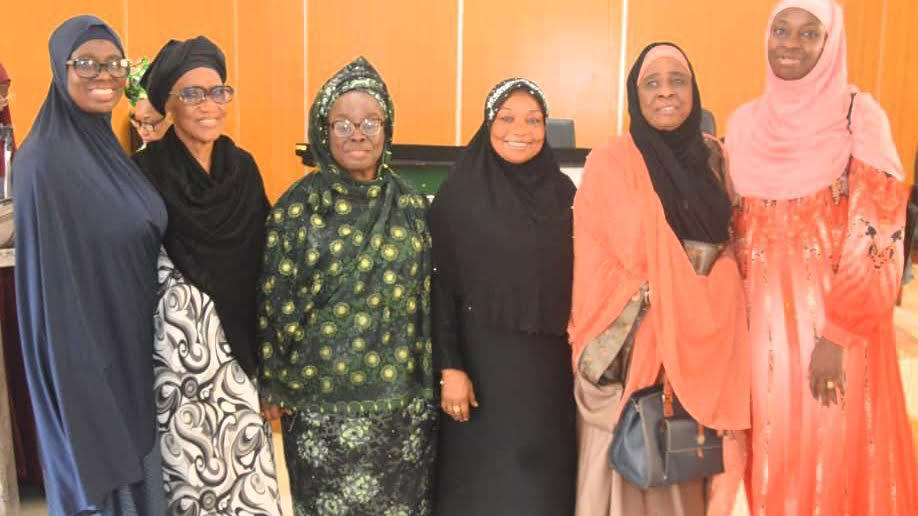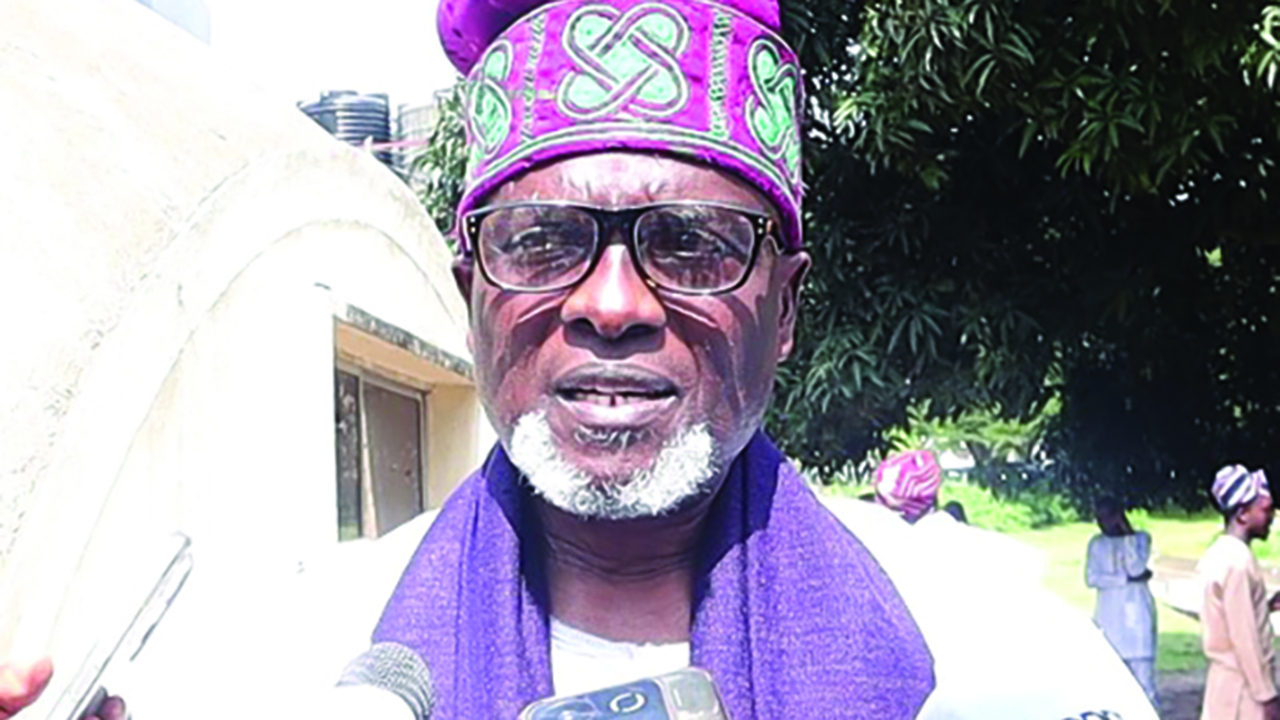
Towards ensuring a Muslim’s dead body is treated with dignity and respect, Lekki Muslim Ummah (LEMU) Women Forum in conjunction with the Dawah Committee has trained over 50 Muslim women on how to wash and shroud a dead Muslim.
Speaking during the one-day lecture and practical demonstration on washing and shrouding of female corpses, the Amirah of the forum, Alhaja Kudirat Saliu, said washing and shrouding is a task that all Muslims should strive to learn as Islam recognises the sacredness of a Muslim’s body.
“Taking good care of the corpse of a dead Muslim before burial is a rewarding effort. It is one of the ways to seek Allah’s pleasure,” Saliu said.
She noted that as death is inevitable, it is crucial for all Muslim women to learn how to perform communal obligations.
The training was organised to educate members on the etiquette of washing and shrouding the corpse of Muslims.
Saliu urged private hospitals to put in place Janazah Bay facilities for Muslim dead as most government-owned hospitals have these facilities.
“Some hospitals have Janazah bay facility where a dead Muslim can be conveniently bath but some don’t have it, most especially private hospitals,” she noted.
The guest lecturer, founder Madrasatu Aishah, Lekki (Female only Tafidh School), Hajia Zulfah Ayinde, said washing and shrouding is a communal obligation for a deceased Muslim man or woman.
“It is a major sin in the Muslim community if a Muslim’s decease is not bath and shrouded before being buried. It is obligatory upon Muslim men to wash the deceased Muslim man and it is obligatory upon Muslim women to wash a deceased Muslim woman,” she said.
While taking participants through the bathing and shrouding process, she said it is essential to have the basic knowledge of bathing and shrouding the dead.
Likewise, such a person that is required to bathe and shroud the dead must be God-fearing and must be able to keep secret whatever she encounters.
“Firstly, you must ascertain that the person is dead through a medical person before commencing ritual bathing. When the person is pronounced dead, then get all the items needed to bathe and shroud the dead. The items include water, camphor, sidr, soap, gloves, cutting comb, hand towels, towels and three or five pieces shroud clothes.”
She noted that at most, five people are needed to wash and shroud the dead.
“Start with the name of Allah, place the deceased in a sitting position and cover her from below the neck to the knees with a cloth. Press the tummy gently to remove waste from the bowel and wash the private part thoroughly. Then perform Whudu (Ablution) for the deceased,” she explained.
Ayinde said the process of ghusl (Ritual bath) for the dead is the same as normal ghusl, the only difference being that the former is performed for the dead person.
“Ensure the hair is loose before you begin the bathing, wash the hair three times to the neck part with soap and water mixed with sidr and bath the right side up to the foot. Bath the right side before the left side, the upper part of the body before the lower part and the front part before the back,” the teacher stated.
She added that the bathing could happen three times depending on the state of the body.
Her words: “After washing all the body parts, the body should be dry with a towel and the hair should be braided into three parts. If a perfume is available, applied it on the body especially the parts she uses for sujood.”
She said when the body is clean, then the shrouding should begin, noting that the shrouding cloth must not be expensive cloth, suggesting that it can be three or five pieces.
“The cloth for shrouding can also be perfumed, start by wrapping the wrapper on the deceased, starting from the top with the hijab and wrap her with the reaming two sheets,” she said.





